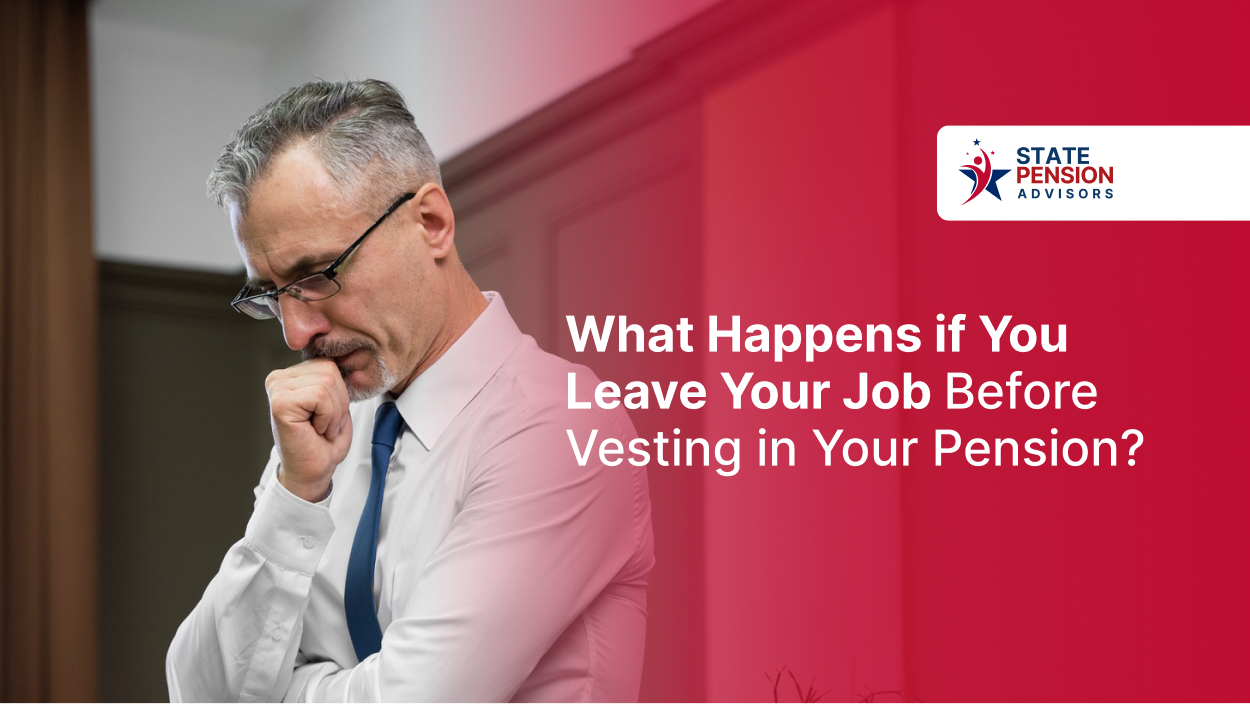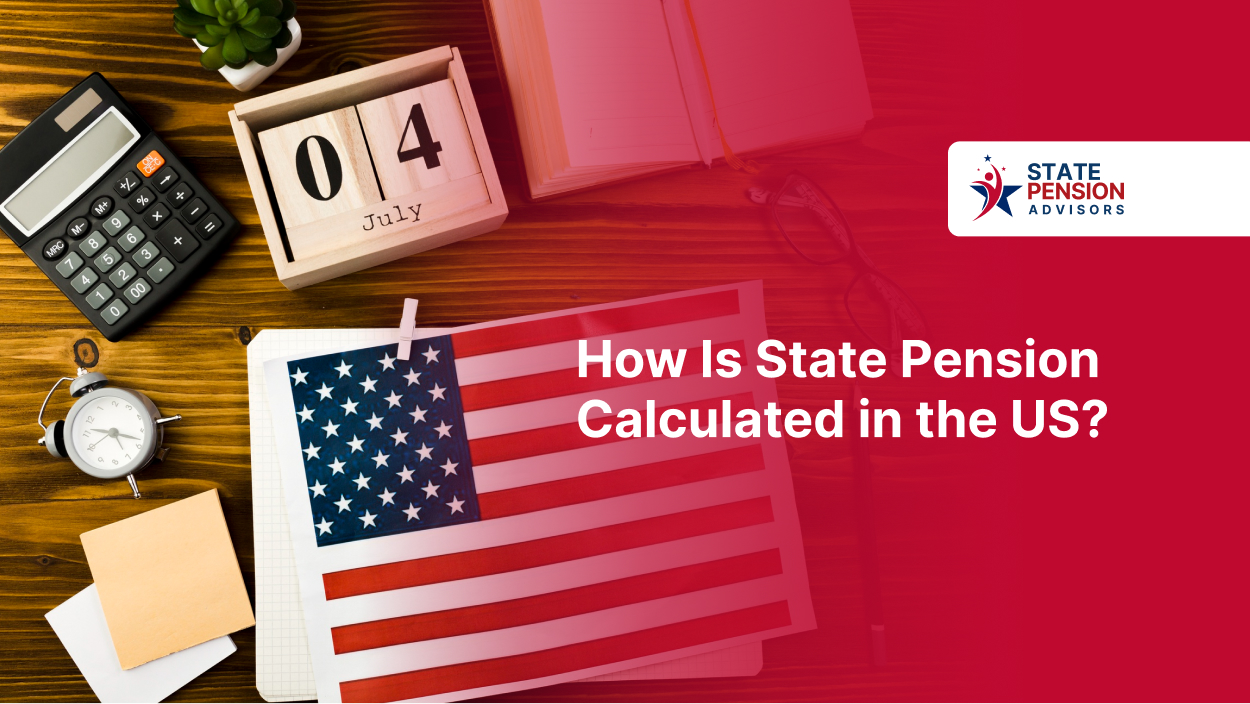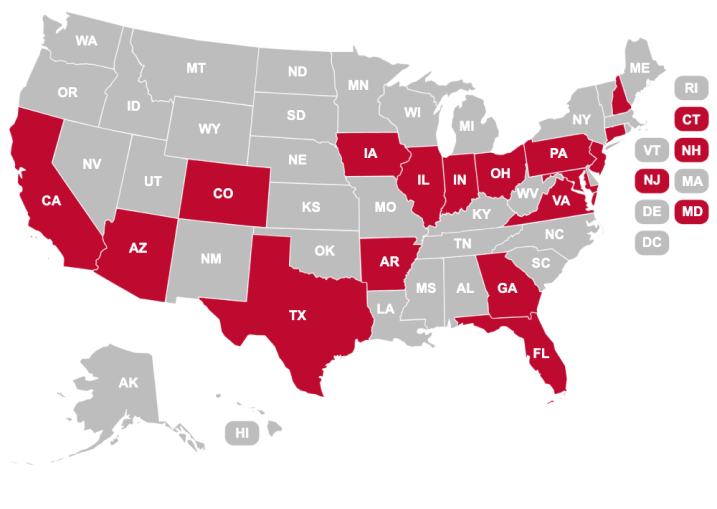What is the Retirement Age in Florida: SSA Guidelines

When planning retirement in Florida, one of the most common questions is: “What is retirement age in Florida?”
The answer isn’t a single number. It depends on whether you are relying on Social Security benefits, the Florida Retirement System (FRS), or both. Factors like your birth year, years of service, and financial goals ]also play a major role.
Let’s break down how retirement age works in Florida under both Social Security Administration (SSA) rules and the Florida Retirement System.
Understanding Retirement Age in Florida
There is no fixed retirement age in Florida because it varies based on your specific plan.
For most people, retirement is determined by two key systems:
- Social Security Administration (SSA), which covers most American workers.
- Florida Retirement System (FRS) – a pension plan for state and public employees.
Knowing how both systems work helps you decide when to retire and how much you will receive.
Social Security Retirement Age
Your full retirement age (FRA) under Social Security is the age at which you can claim full, unreduced retirement benefits. It’s determined by your year of birth.
Here’s how it works:
- If you were born before 1955, your full retirement age is 66 or slightly earlier.
- If you were born between 1955 and 1959, your FRA gradually increases by two months for each year.
- If you were born in 1960 or later, your full retirement age is 67.
If you are turning 62 today, your full retirement age (FRA) under Social Security is 67.
You can choose to start receiving benefits at 62, but your monthly payment will be permanently reduced, usually by 25% to 30%. This happens because you’ll be collecting payments for a longer period.
- Here’s a simple example:
Let’s say your full monthly benefit at age 67 is $2,000. If you start at 62, you will get roughly $1,400 per month instead.
If you wait until 70, your benefit will increase by about 8% each year after 67, reaching around $2,480 per month.
Florida Retirement System (FRS) Pension
If you are a public employee in Florida, such as a teacher, law enforcement officer, or state worker, your retirement may come through the Florida Retirement System (FRS).
The FRS offers two types of plans:
- Pension Plan – a defined benefit plan that guarantees a monthly payment.
- Investment Plan – similar to a 401(k), where your retirement depends on investment performance.
Let’s focus on the Pension Plan, where retirement age depends on your employment class and service years.
For Regular Class Employees
- You qualify for normal retirement at:
Age 62 with at least six years of service, or
Any age with 30 years of service.
For Special Risk Class Employees
(Police officers, firefighters, correctional officers, and similar jobs)
- You can retire with full benefits at:
Age 55 with at least six years of service, or
Any age with 25 years of special risk service.
There are also early retirement options, but taking them means your monthly benefits will be reduced, usually by 5% for every year you retire before the normal age.
For instance, if your normal retirement age is 62 and you retire at 60, your benefit may be reduced by 10%.
How to Determine Your Retirement Age
1. Know Your Social Security Full Retirement Age (FRA)
Your full retirement age is the point at which you can collect 100% of your Social Security benefits.
- For anyone born in 1960 or later, the FRA is 67.
- For those born between 1955 and 1959, it increases gradually from 66 years and 2 months to 66 years and 10 months.
- You can start collecting at 62, but you’ll receive 25–30% less each month.
- If you wait until 70, your benefit increases by up to 8% per year after your FRA.
2. Check Your Florida Retirement System (FRS) Eligibility
If you’re a state or public employee, your FRS pension has its own retirement age rules.
- Regular Class Employees: Full retirement at 62 with 6 years of service, or any age with 30 years of service.
- Special Risk Class (Police, Firefighters, etc.): Full retirement at 55 with 6 years of service, or any age with 25 years of service.
- Early Retirement: Allowed, but your benefit is reduced by 5% for every year you retire before your normal age.
3. Review Your Years of Service
Your total service years under FRS determine when you qualify for full pension benefits.
The more years you serve, the earlier you may be eligible to retire or the higher your benefit amount will be. Always verify that all your service years are correctly recorded with the FRS.
Also read - retirement spots in florida
4. Decide When You Want to Start Receiving Benefits
Ask yourself:
- Do I want to retire early and accept a smaller monthly income?
- Or work a few more years for a larger, lifetime benefit?
Starting early means smaller checks, but more time to enjoy retirement. Waiting longer means fewer years of retirement, but higher income security.
5. Evaluate Your Financial Situation
Before you pick an age, check how prepared you are financially.
Look at:
- Your savings and investments
- Expected monthly expenses (housing, healthcare, lifestyle)
- Debt and insurance coverage
A clear financial picture helps you know whether you can afford early retirement or if you should wait until your benefits are higher.
6. Factor in Health and Lifestyle
Your health, job satisfaction, and personal goals matter too. If you are healthy and enjoy your work, retiring later could be beneficial. If you are ready to travel, spend time with family, or start a new chapter, retiring earlier might make more sense, even with slightly reduced benefits.
7. Combine Both Systems Wisely
If you qualify for both Social Security and FRS, you can plan your benefits strategically.
For example:
- Start your FRS pension first while delaying Social Security to grow your federal benefit.
- Or take Social Security early if you want to reduce your FRS withdrawals.
A coordinated plan helps maximize your total retirement income.
8. Use Tools and Professional Help
- Use the SSA Retirement Estimator to check your benefit amounts.
- Try the FRS Pension Estimator for state benefits.
- Consult a financial planner for a complete strategy that fits your lifestyle, taxes, and goals.
9. Reassess Periodically
Revisit your plan every few years to account for income changes, inflation, or updated SSA/FRS rules. Adjusting early ensures a smooth transition when you finally decide to retire.
Also read - polk county florida teacher salary
Why Retirement Age Matters
The age you choose to retire doesn’t just affect when you stop working; it directly impacts how much you will receive every month and how long your savings will last.
- Retiring early (before 62) – May give you more free time, but can reduce your benefits permanently and may increase your reliance on personal savings.
- Retiring at full age (around 66–67) – Balances income and lifestyle without reducing benefits.
- Delaying retirement (after 67) – Offers higher Social Security checks and potentially larger pension payouts.
The Role of Cost of Living in Florida
Florida is one of the top retirement destinations in the U.S. with its warm climate, no state income tax, and senior-friendly communities.
However, your retirement age decision should also consider living expenses.
While Florida offers tax advantages, housing, healthcare, and insurance costs can vary significantly between regions, such as Miami, Tampa, and Orlando. Retiring too early without a solid income plan may strain your finances over time.
That’s why many retirees use a combination of:
- Social Security income
- FRS pension or investment plan
- Personal savings, IRAs, or 401(k)s
Balancing these sources can help ensure steady cash flow through your later years.
Planning for Early or Delayed Retirement
If you are considering retiring early, ensure you understand the long-term impact on your income.
For example:
- Retiring at 62 instead of 67 could reduce your Social Security benefits by nearly 30%.
- If you depend on FRS benefits, early retirement could lower your pension by 5% per year of early exit.
On the other hand, delaying retirement past 67 gives you larger Social Security checks and often more stable health insurance coverage through Medicare.
The ideal plan often involves phased retirement, working part-time or consulting while collecting partial benefits.
How to Plan Ahead
Here are a few practical steps to make your retirement decision smoother:
- Use SSA’s online calculator to estimate your benefit at different ages.
- Contact FRS Member Services to understand your exact pension eligibility and payout options.
- Review your savings and insurance annually to adjust for inflation and unexpected costs.
- Consult with a financial advisor like State Pension Advisors, who are knowledgeable about both federal and Florida retirement systems.
FAQs About Retirement Age in Florida
Is retirement age 62 or 67?
You can start receiving Social Security retirement benefits as early as age 62, but your payments will be permanently reduced by about 25–30%. To receive 100% of your benefits, you must wait until your Full Retirement Age (FRA) — which is 67 if you were born in 1960 or later.
At what age do you get 100% of your Social Security benefits?
You receive 100% of your Social Security benefits at your Full Retirement Age (FRA). This age depends on your birth year — between 66 and 67 for most people. For example, anyone born in 1960 or later must wait until age 67 to collect full benefits.
Can you retire at 55 and wait to collect Social Security?
Yes. You can choose to stop working at 55, but you cannot begin collecting Social Security until at least age 62. If you retire early, you’ll need to rely on personal savings, pensions (like the Florida Retirement System), or other income until Social Security eligibility begins.
Can I retire at 62 in Florida?
Yes. You can retire at 62 and start receiving early Social Security benefits, though they will be reduced by up to 30% compared to your full benefit at age 67. If you’re part of the Florida Retirement System (FRS), you may also qualify for early pension benefits depending on your years of service, though reductions may apply there too.
Disclaimer
The information in this article is for educational purposes only. It is based on publicly available data from the Social Security Administration (SSA) and the Florida Retirement System (FRS) as of the date of publication. This content does not constitute legal, financial, or retirement advice. Readers are encouraged to consult official SSA or FRS resources or a financial professional for personalized guidance.










.png)
.png)

.jpg)








